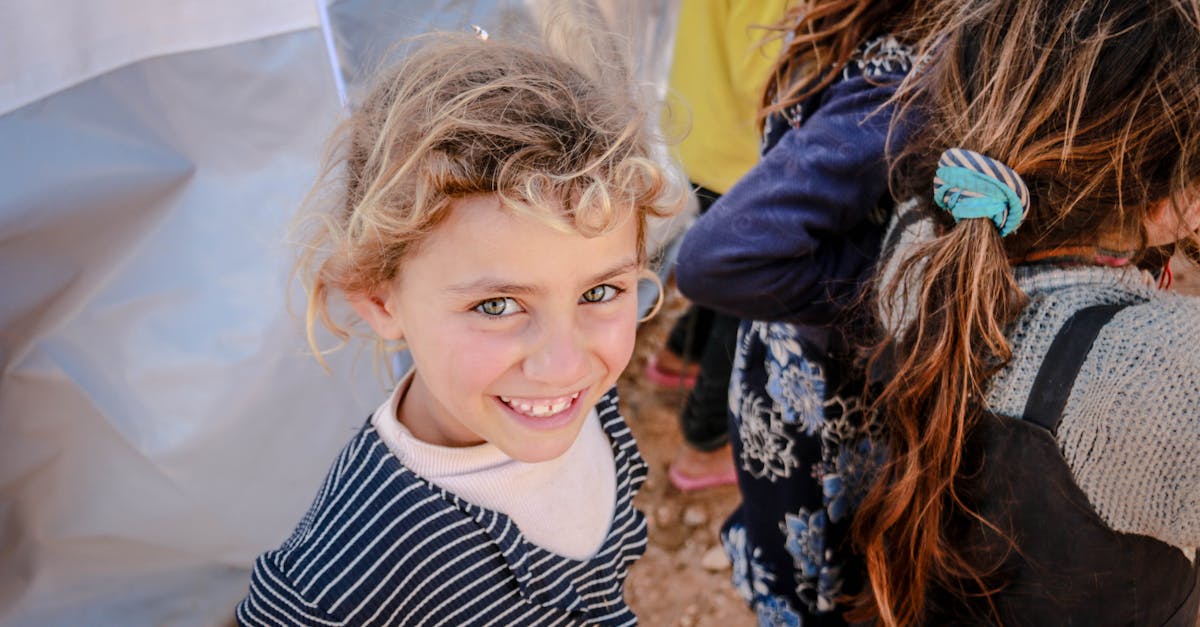Why Forgiveness Matters for Kids
Forgiveness is a skill that starts young. Preschoolers are still learning about emotions and relationships, so teaching forgiveness early can set a solid foundation. When kids forgive, they learn empathy and kindness.
Explain to your child that forgiveness makes their heart feel lighter and happier. Use simple words and examples they can relate to, like sharing toys. Talk about how holding a grudge can make them feel upset, while forgiving can make everyone happy. This will make the concept more understandable for them.

Turning Grudges into Hugs
Imagine your child coming home angry because a friend took their crayon. Instead of letting them stew, teach them to turn that grudge into a hug. Explain that forgiving their friend can mend their relationship and bring back fun times.
Make it a game: whenever someone forgives, they get a ‘hug token’ to trade for an extra story at bedtime. This simple, fun approach can make the idea of forgiveness more appealing and easier to grasp.

Simple Activities to Teach Forgiveness
Activities are a great way to teach forgiveness. One simple activity is the ‘Forgiveness Flower.’ Have your child draw a flower with petals. Each time they forgive someone, they color in a petal. Over time, they will see their flower bloom with kindness. Another activity is crafting a ‘Grudge Box.’ Whenever they feel upset, they write it on paper and put it in the box, signifying they are letting it go. These activities can make the concept of forgiveness tangible and engaging for preschoolers.

Using Stories and Books
Stories and books are powerful tools. Choose books that focus on themes of forgiveness and kindness. Reading how characters resolve conflicts and forgive each other can help children understand these concepts in a context they enjoy. Additionally, incorporating role-playing where they act out these stories can make these lessons stick. Books like ‘The Berenstain Bears and the Forgiving Tree’ are excellent resources for this purpose. Using stories makes learning them fun and memorable.

Modeling Forgiveness at Home
Children learn a lot from watching their parents. Show them how to forgive by doing it yourself. When you make a mistake, apologize sincerely to demonstrate how to make amends. Share stories from your life where you forgave someone or were forgiven. This shows them that everyone makes mistakes and what matters is how we respond. Talk about feelings and model calming techniques. Your actions provide a real-life example of forgiveness in action.

Handling Emotional Challenges
Teaching forgiveness isn’t without challenges. Preschoolers are still learning to manage strong emotions like anger and frustration. They might struggle to understand why they should forgive someone who hurt them.
Acknowledge their feelings and offer comfort. It’s important to validate their emotions before guiding them towards forgiveness. Use phrases like ‘I understand you’re upset, but forgiving can help us feel better and move on.’ Patience and empathy are key here.

Encouraging Kids to Talk About Feelings
Communication is crucial in teaching forgiveness. Encourage your child to express their feelings and talk about what upset them. Create a safe space for them to share without fear of judgment. Ask open-ended questions like ‘How did that make you feel?’ and ‘What can we do to make it better?’ Helping them articulate their emotions can make it easier for them to understand forgiveness. Engage in conversations during relaxed times, like during bedtime routines, to reinforce this habit.

Related Posts:
- Community and Fellowship in Preschoolers with Christian Teachings
- Teaching Grace and Forgiveness to Preschoolers through Christian Values
- Teaching Preschoolers Work Ethics with Christian Values
- Teaching Preschoolers About Mary: Christian Approach
- Heaven & Eternal Life with Preschoolers: Christian Teachings
